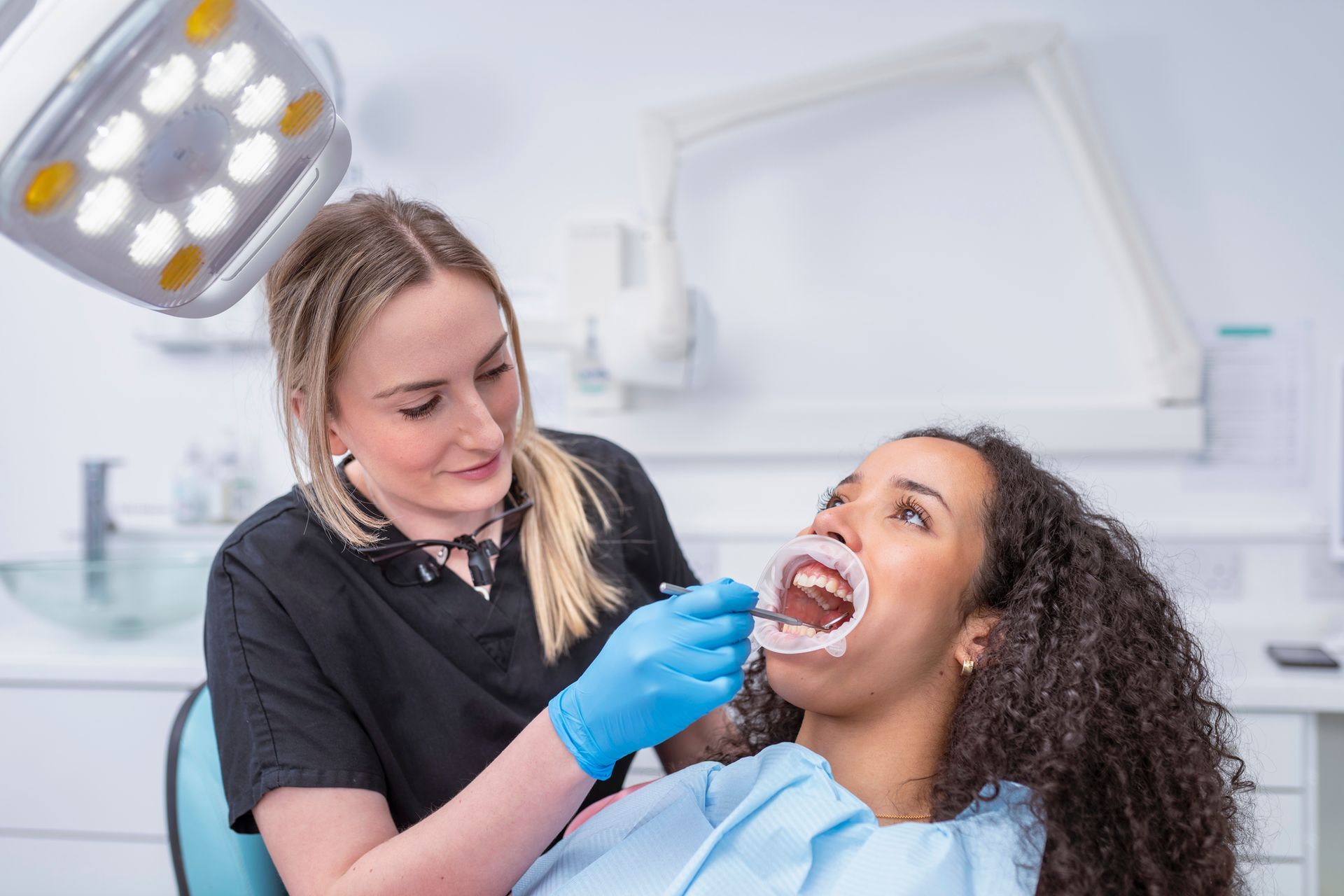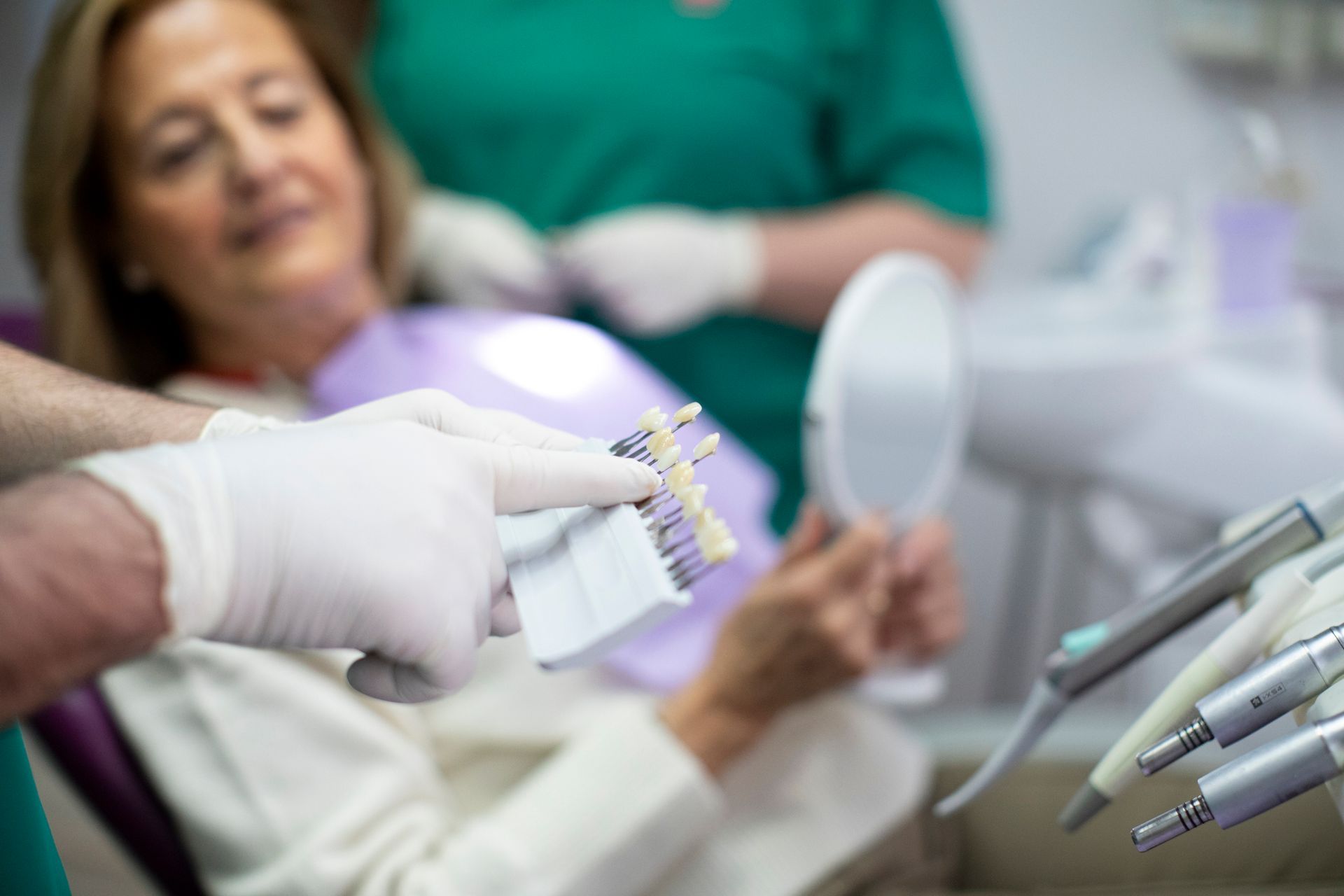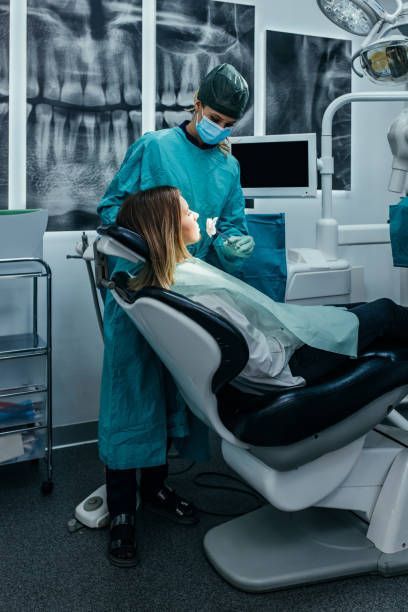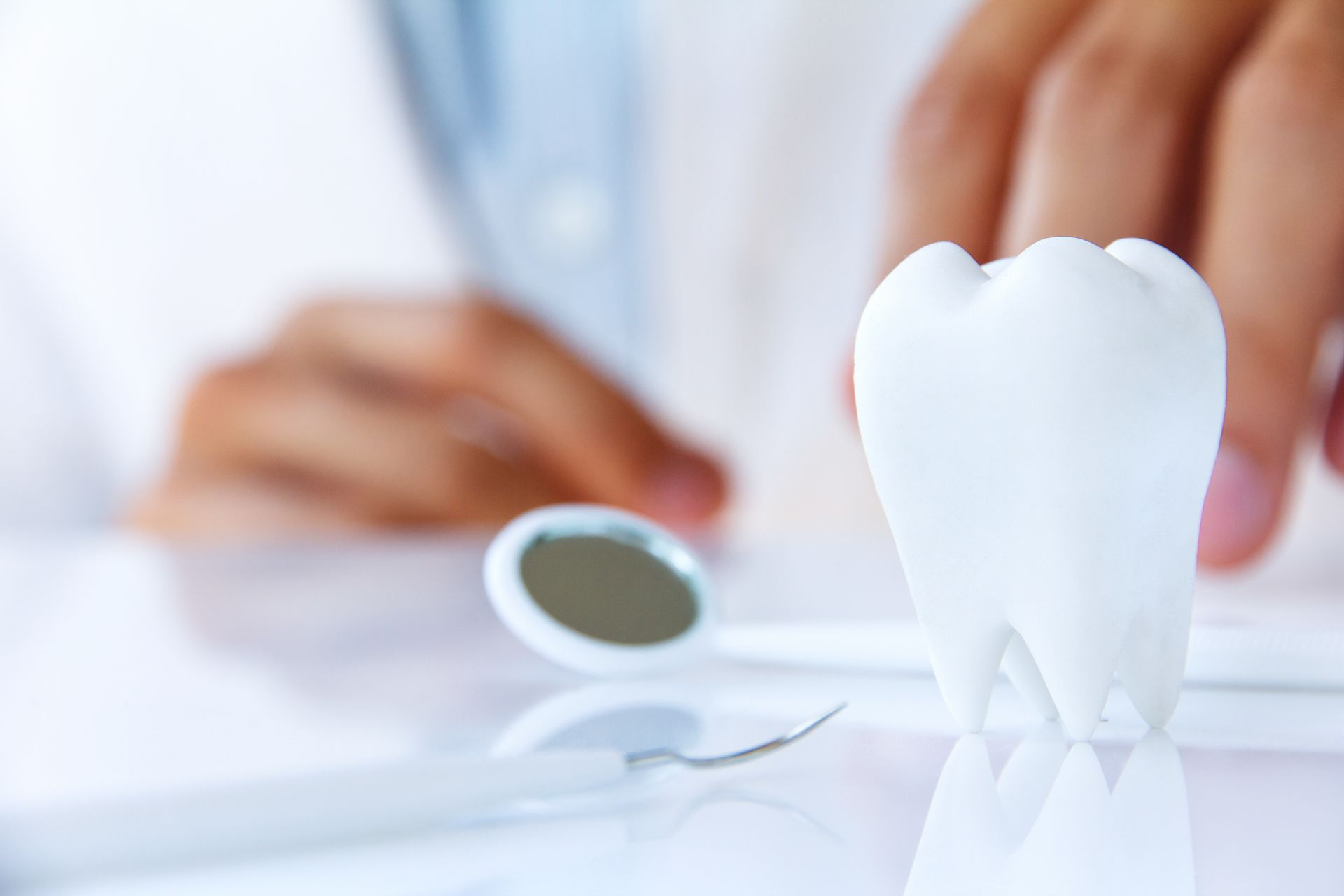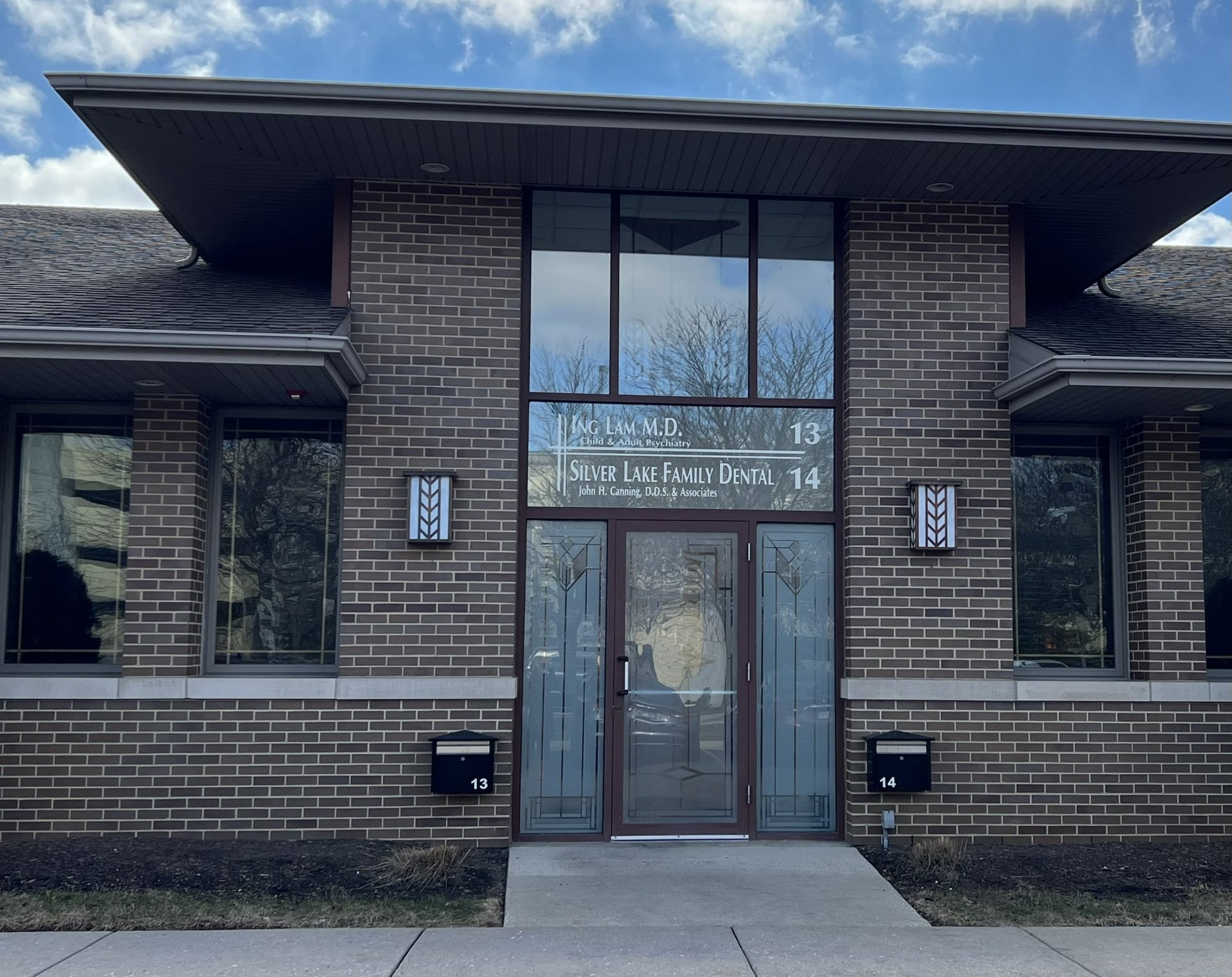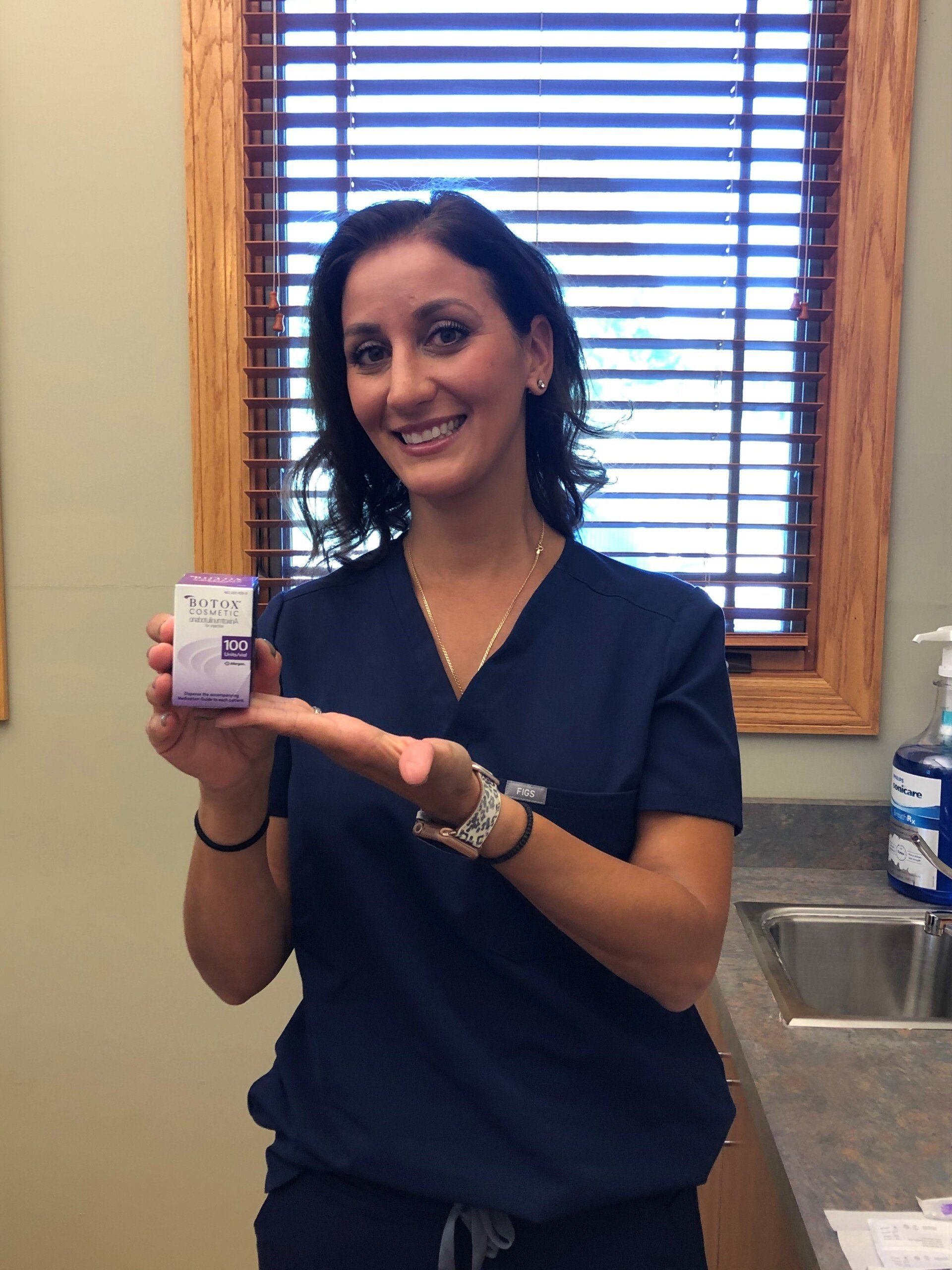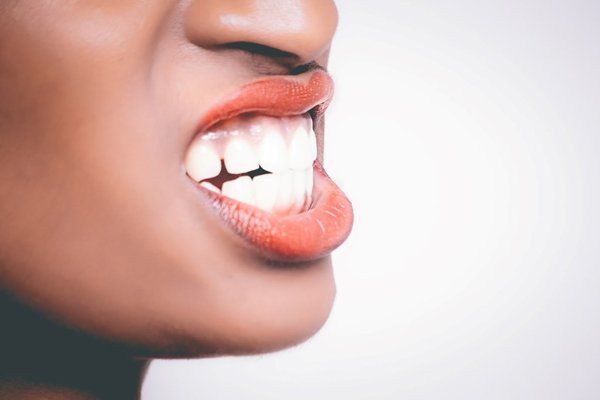Orland Park - Advantages of Attending Dental Appointments Every 6 Months

With a busy work schedule and responsibilities at home, many patients might be tempted to forgo their routine dental appointments. However,
skipping biannual dental services can be risky for your oral health. Discover a few advantages of attending your dental appointments every six
months.
Healthier Gums in Orland Park IL
The health of your gingival tissues often affects the overall health of your mouth. The gums, like the teeth, are affected by the acidic waste of oral bacteria.
When you eat, the bacteria in your mouth feed on leftover simple carbohydrates from the particles of food that remain on your teeth after you
swallow. As the microbes digest their meals, they release acidic byproducts that corrode the tooth enamel and inflame the gums. Brush and floss regularly to remove plaque deposits, which are leftover food, oral bacteria, and biofilm.
Still, even though you may brush or floss away much of the plaque, some of the sticky material may become trapped along the gumline, between the teeth, and on other dental surfaces long enough to harden into place. Once the plaque hardens or calcifies, it becomes tartar.
Tartar, which is also called calculus, is not removable with a toothbrush and floss. Instead, a dental professional must scrape the hardened material from your teeth using a scaling tool.
Removing calculus and the additional bacteria that can become trapped within its pores helps prevent gum disease. Although a minor bout of
gingivitis with gums that only bleed when you brush your teeth may seem unimportant, gum disease can quickly progress. Periodontitis, a serious form of gum disease, may lead to gingival infections that result in bone and tooth loss.
Regular dental cleanings can help protect the health of your gums.
Whiter Teethin Orland Park IL
Cosmetic applications, such as teeth-whitening sessions, can improve the color of your teeth. However, preventive treatments, such as dental
cleanings, also affect your tooth color.
Tartar is not white. Instead, the calcified material has a dull yellow hue. When large amounts of tartar accumulate on the teeth, the yellow substance may cover the white enamel, making your teeth appear discolored.
As a dentist professional cleans your teeth, the dental provider removes the tartar to reveal the tooth enamel underneath it. Additionally, they polish your teeth, making them appear even brighter.
Cancer Detectionin Orland Park IL
Although oral cancer is relatively uncommon, if the disease does happen, the prognosis is often better if the cancer is discovered in the early stages.
During your routine visits, the dentist examines the health of your teeth as well as the condition of your mouth's soft tissues.
Even though you see your mouth regularly, you are often unable to view all the areas of your mouth that a dental professional can see. Dental
providers use small mirrors and tools to thoroughly review your oral cavity.
A dentist can spot irregularities in tissue color, texture, and size. If they suspect cancer, they may biopsy the tissue, and you may need to go to a
physician for further testing.
Healthier Teethin Orland Park IL
Routine checkups not only help your teeth remain whiter, but they also help your teeth stay healthier. Small cavities may cause no discomfort and be difficult to notice to the casual observer. However, when a dental provider examines your teeth during a biannual exam, they look for areas of decay that others may easily miss.
A small cavity, if left untreated, could deepen and spread. Cavities can become so severe that they require a root canal or extraction to alleviate the associated discomfort.
To assess the condition of your teeth, your dentist does not rely solely on a visual examination. Instead, they also x-ray the teeth to review the
condition of the dental roots and find areas of decay that they may miss with a visual inspection.
If you have not visited a dentist within the past six months, contact
Silver Lake Family Dental to schedule an appointment.

